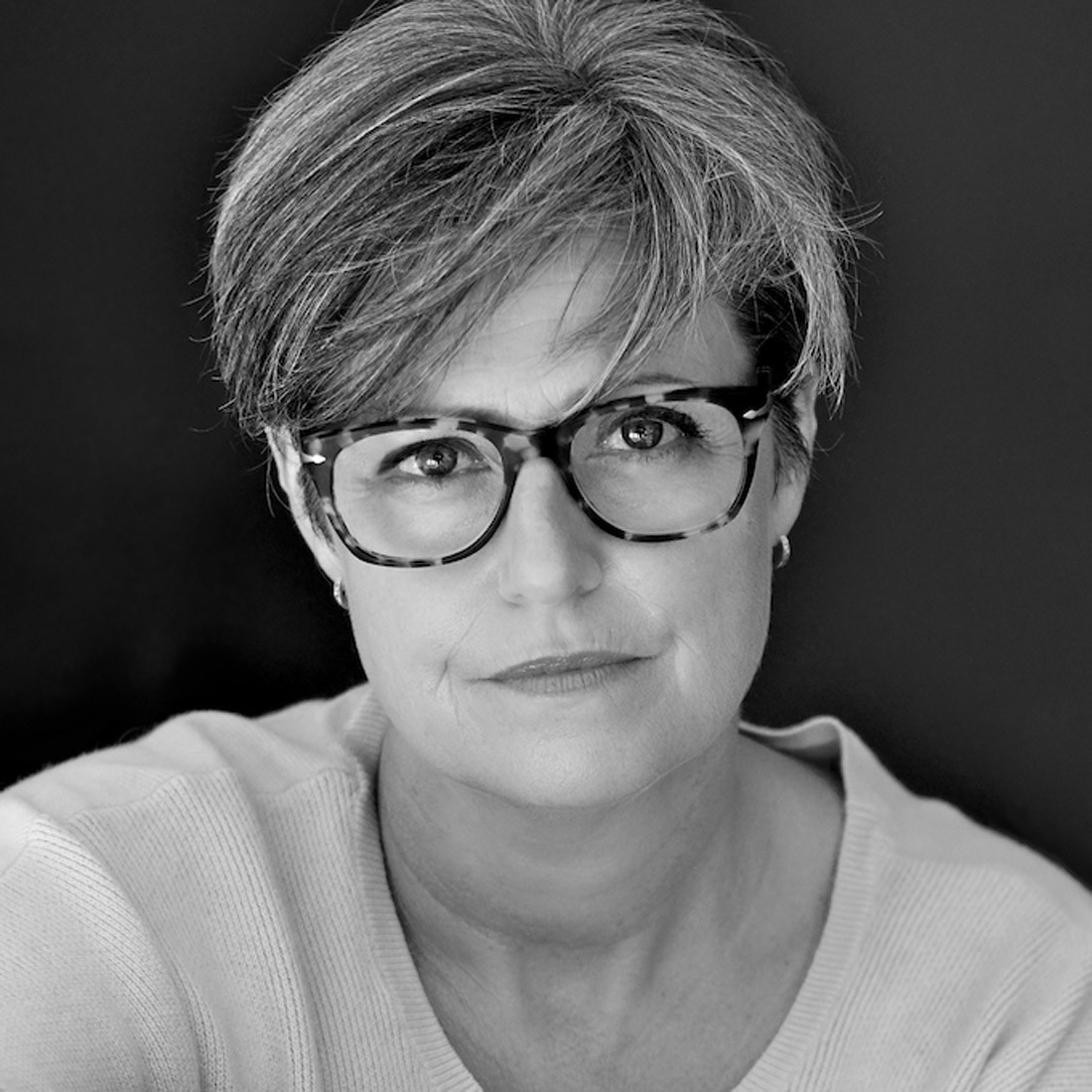Meredith Jaffé and ‘The Fence’
Q. Meredith, we are all excited awaiting your first novel, ‘The Fence’. The title conjures up so many images of suburbia and childhood. Can you tell us what inspired the subject for you, personally?
A: I’d never given the subject of fences much thought until our new neighbours arrived. They not only wanted a fence but they wanted a particular kind of fence and were somewhat non-plussed when we didn’t automatically agree with them. It got me thinking about why fences and, by extension neighbours, can engender such high feelings. Why was it that a few bits of paling or brush or one of those nice brick fences with caps on the top can cause us to be so unreasonable. Adding in the fact that Gwen and Frankie represent two different generations of women, one born before women’s lib and one a product of the feminist movement, raised many questions about careers, motherhood and the myth, surely, that we can have it all and all at the same time.
Q. The context of your novel is Australian but the theme is universal. Do you think that Australian writers are becoming more courageous about setting their novels in Australia for a global audience?
A: There is no way I could have written this novel anywhere but the ‘burbs of Australia. For me, my childhood in the 1960s and 70s was a rich vein of material. My mum’s generation parented in such a different way to the way we do now. And it is in these differences that we find universal themes. I think it’s less courage than confidence, maybe even a certain boldness, that makes Australian writers determined to tell our stories as they are. Every time I read a story from another part of the world, I expand my knowledge and understanding of the human experience. Equally, Australian stories validate and challenge my ideas about what it means to be from this island at the bottom of the sea.
Q. You seem to have had a very varied career, including, working in insurance, founding an online magazine, reviewing and editing other people’s work. Have you always enjoyed writing? Has this novel been brewing for a long time?
A: I have always been an avid reader. As an only child, reading was a constant companion and an antidote to loneliness. I wrote a lot in my primary years and teens too, mostly bad, and sometimes not so bad, poetry. The school drama group allowed me to express myself in another way. However, majoring in English Literature at University did dampen my confidence somewhat. How can anyone compare to such greatness? I ended up working in superannuation for no better reason than I had no idea what else to do. Pure serendipity lead me to working with the founders of The Hoopla. I am proud to say I was there from day one until The Hoopla’s sad demise some four years later. That team taught me how to be a better writer, to meet deadlines, word counts and how to be edited. It’s not so much an issue of whether I enjoyed writing or not but one of learning how to express myself in a competent manner. As regards to The Fence, it was conceived and written within quite a short time frame—see? Deadlines and word count make you focus on what’s important!
Q. You are an excellent facilitator who has chaired forums at a number of writers’ festivals and we are delighted to welcome you to the St Albans Writers’ Festival. What particular skills do you think are best suited to the task of facilitator at an event such as this?
A: I worked in the superannuation industry for years before moving across to the recruitment side. I couldn’t even calculate how many people I have interviewed over those ensuing thirteen years. Men and women from all walks of life applying for jobs at all different levels. CEOs to administrators, actuaries, fund managers and marketing people. What you learn is how to find the narrative of each person’s story. And how to ask questions in a way that give you not only the direct answer you were seeking but the emotion, the background the feeling of each decision they have made.
Moving onto writers’ festivals, I think it is always important to remember that the audience is not there to hear about me but about the person I am interviewing. Equally, I am the audience’s spokesperson. I must ask the questions they want to know the answer to. The only way I can carry off an interview with any ease is to prepare. Fear of failure motivates me to make sure I have plenty of background and plenty of questions. That way I can relax and interact with my guest in a way that allows them and their stories to shine.
Q. Finally, a personal question. What do you like to do on your days off?
A: Ha! I don’t really have ‘days off.’ I still have two of our four children living at home. We recently moved to a farm on the south coast of NSW. There are now chickens, dogs, cats, horses and cattle to take care of. The garden is enormous! If only I was as good a gardener as Gwen is in The Fence. Plus, I volunteer for various community groups. I am on the committees of the Friends of Milton Library and the Batemans Bay Writers Festival. For a few years now I have been the Ambassador Program Coordinator for the charity The Footpath Library. Amongst other things, we run the annual EPIC! Short Story Competition for Australian school children. And somewhere in amongst all that, I am working on the next novel. But I would like a day off to curl up with a book and a cuppa. Are you offering?


